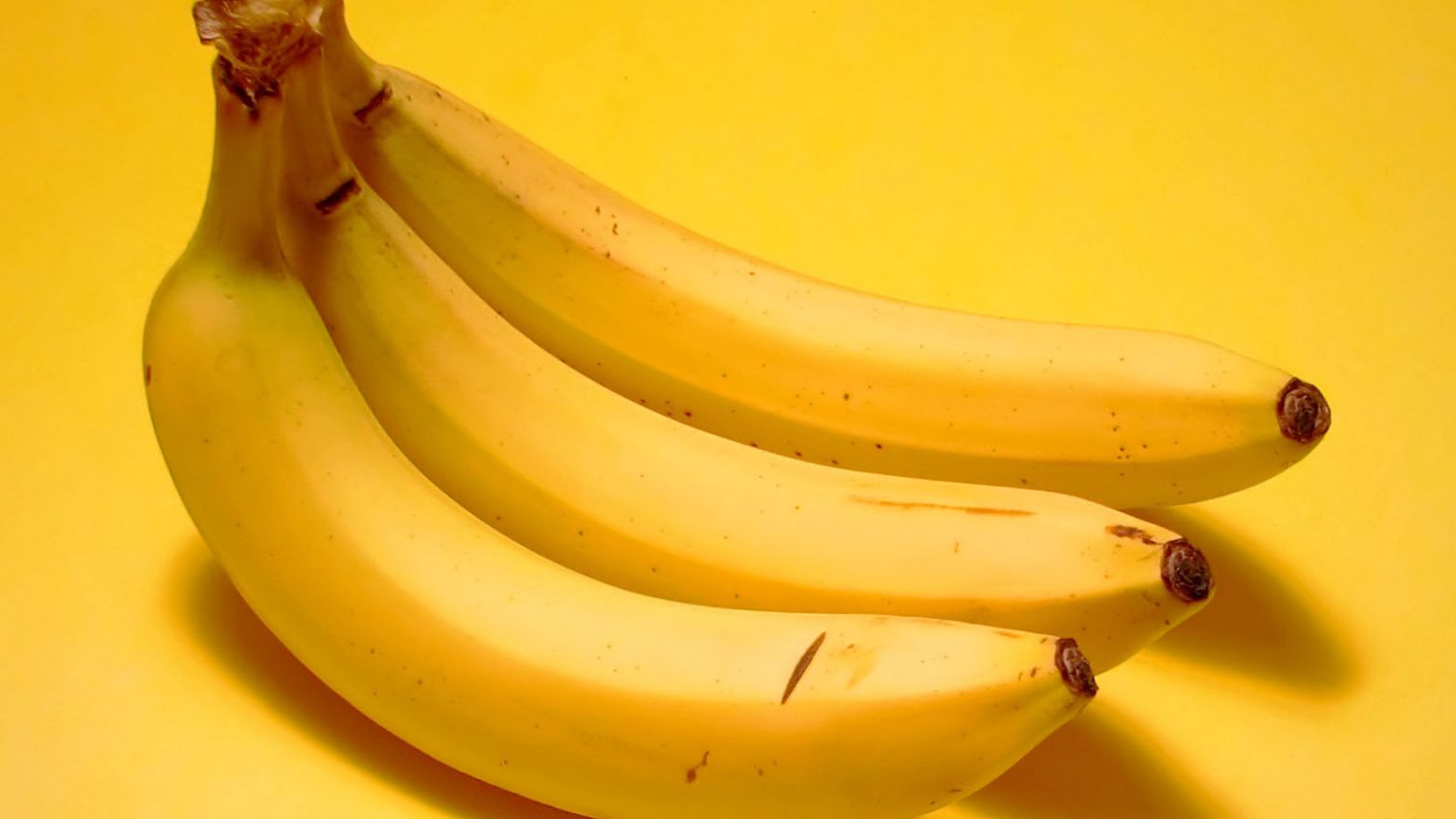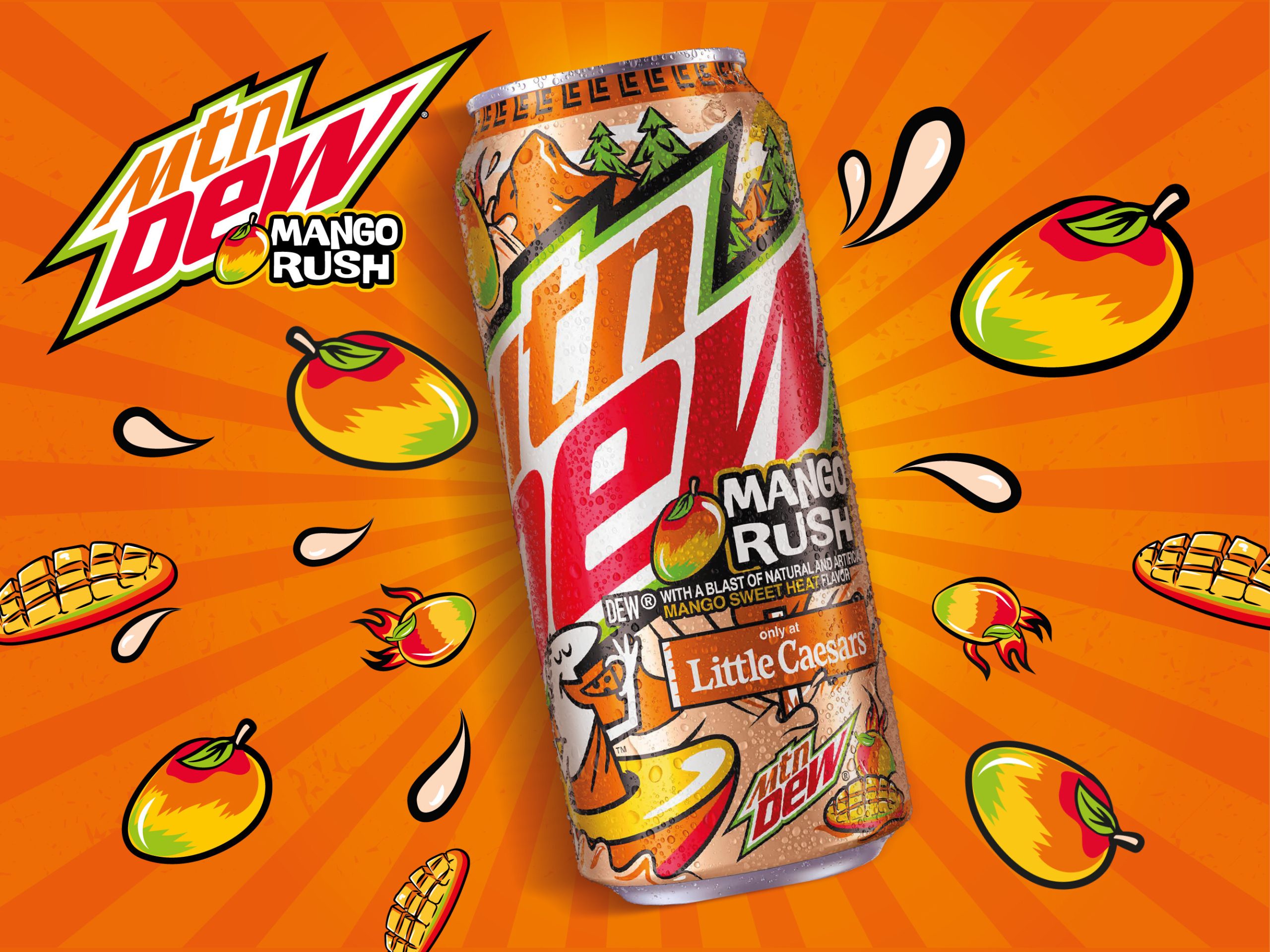A Fungal Disease Threatens To Make Bananas Extinct

To say bananas are a popular fruit would be an understatement: worldwide, over 100 billion are consumed each year. Surprisingly, 9 times out of 10, the variety being consumed is the Cavendish banana. There is a good reason why, one is due to its resistance to banana-killing diseases, and the other is its long shelf life. Whenever someone mentions bananas, that’s the one they’re more than likely thinking about. Sadly, that may change.
According to Business Insider, there’s a fungal disease called “Panama Disease (Fusarium wilt) tropical race 4” on the loose that can potentially make Cavendish bananas extinct. The infection begins in the plant’s roots, before spreading and preventing the plant from absorbing water and performing photosynthesis, which ultimately kills the plant.
This wouldn’t be the first time a rogue fungus has caused a banana variety to go extinct. According to James Dale, a professor and leader of the banana biotechnology program at Queensland University of Technology, “[Gros Michel was the] main export banana in the first half of the last century. It was infected by a predecessor to the Panama Disease, and between 1876 and 1950 was completely destroyed.” Gros Michel bananas were replaced by Cavendish.
The Panama Disease isn’t new either, it was discovered infecting a Cavendish crop in 1997 near Darwin, Australia. It spread to Queensland by 2015, which is Australia’s largest banana producer. Dale says, “Since then it has spread to India and China, the world’s largest producers of bananas. It has also spread to the Middle East and Africa and very recently was found in South America.”
Some plant pathologists are more optimistic about the future of Cavendish, though, citing that Panama Disease moves slowly which will allow time to prevent the worst. In response, scientists around the world are working on a Cavendish species that are resistant to the fungi. “I would say with certainty that there will be a solution before the export market for Cavendish is severely affected,” Dale added.
Some believe the answer is having variety in the marketplace. The more diversity, the less susceptibility to diseases. Apples have long been diversified, which has benefited their availability. Beyond offering variety, it also lowers the risk of disease.






















